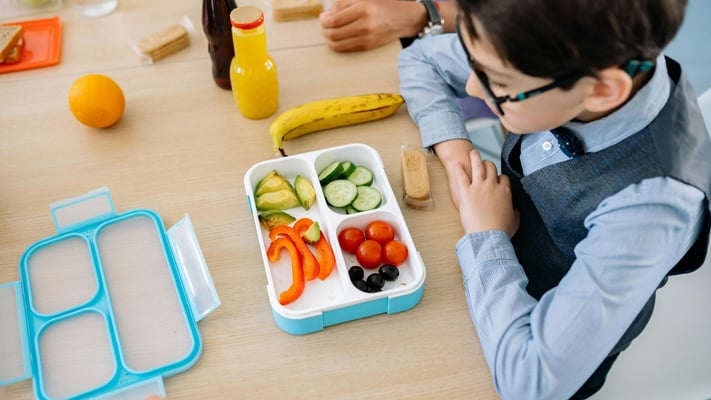More Than a Quarter of Kiwi Kids Struggling for Food, Report Finds

More than a quarter of children in New Zealand are experiencing food insecurity, despite the country producing enough food to feed millions globally. A new Salvation Army report shows that 27 percent of children are going hungry, with Māori and Pasifika tamariki disproportionately affected. Reported by Monique Steele of RNZ.
The report, co-authored by Salvation Army food security manager Sonya Cameron, found child food insecurity is at its highest level in a decade and has doubled in just two years. One in three Māori children and one in two Pasifika children are food insecure, compared with lower rates among European and Asian children.
Cameron said food prices are rising faster than wages, with meat, dairy, fruit, and vegetables—the very items New Zealand exports in abundance—among the most expensive. Stats NZ data showed food prices climbed 5 percent in the year to August, with fruit and vegetables up nearly 9 percent and meat, poultry, and fish up just over 8 percent.
The report criticised the government’s export-focused strategy, arguing domestic needs must come first. It recommended a national food strategy, wage increases, stronger local food systems, and transforming the Grocery Commissioner into a Food Commissioner to prioritise health and wellbeing over economic growth.
More than a quarter of children in New Zealand are experiencing food insecurity, despite the country producing enough food to feed millions globally. A new Salvation Army report shows that 27 percent of children are going hungry, with Māori and Pasifika tamariki disproportionately affected....
More than a quarter of children in New Zealand are experiencing food insecurity, despite the country producing enough food to feed millions globally. A new Salvation Army report shows that 27 percent of children are going hungry, with Māori and Pasifika tamariki disproportionately affected. Reported by Monique Steele of RNZ.
The report, co-authored by Salvation Army food security manager Sonya Cameron, found child food insecurity is at its highest level in a decade and has doubled in just two years. One in three Māori children and one in two Pasifika children are food insecure, compared with lower rates among European and Asian children.
Cameron said food prices are rising faster than wages, with meat, dairy, fruit, and vegetables—the very items New Zealand exports in abundance—among the most expensive. Stats NZ data showed food prices climbed 5 percent in the year to August, with fruit and vegetables up nearly 9 percent and meat, poultry, and fish up just over 8 percent.
The report criticised the government’s export-focused strategy, arguing domestic needs must come first. It recommended a national food strategy, wage increases, stronger local food systems, and transforming the Grocery Commissioner into a Food Commissioner to prioritise health and wellbeing over economic growth.











Leave a Comment